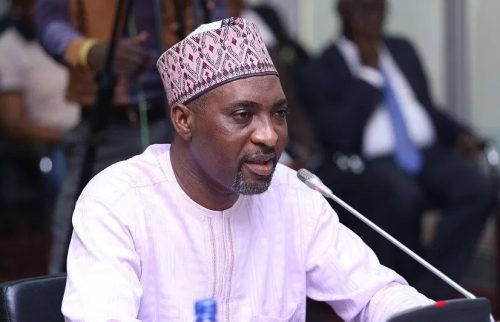
Interior Minister Muntaka Mohammed-Mubarak says over 65% of Gbeniyiri war displaced persons have returned home, as peacebuilding efforts restore trust in the region.
Gbeniyiri War Displaced Persons Returning Home
Majority of Returnees Confirmed
More than 65 percent of Ghanaians who fled to nearby Ivory Coast following the Gbeniyiri war have returned home, according to Interior Minister Muntaka Mohammed-Mubarak.
Muntaka claimed that continued peacebuilding efforts by the government and traditional leaders are progressively regaining the trust of displaced people in a September 10, 2025, citinewsroom.com article.
“I can tell you today that more than 65 percent of the people have returned home. Our biggest concern, however, remains those still outside the borders.
Many are already coming back, but we want to facilitate the process to make it even faster.”
Peacebuilding and Security Measures
Muntaka gave the assurance that the government is still dedicated to bringing about enduring peace in Gbeniyiri and the surrounding areas, and that security personnel are keeping the peace while mediation attempts continue.
“We are receiving strong cooperation from the chiefs and the youth.
We have set ourselves a target: by the end of the month, when the committee completes its work, we should be able to bring almost everyone back home,” he said.
Background of the Conflict
Six people were killed in hostilities that occurred on Sunday, August 24, 2025, and were caused by a disagreement over a piece of property.
A total of 18 individuals were injured in varying degrees, while multiple others had catastrophic injuries.
Many citizens, especially women and children, were forced to flee to adjacent towns and across the borders as a result of the destruction of homes and property.
Humanitarian Concerns
Humanitarian organisations and civil society have expressed deep worry about the Gbeniyiri violence, which has resulted in thousands of displaced people.
They have called for swift actions to stabilise the region and assist impacted families.



